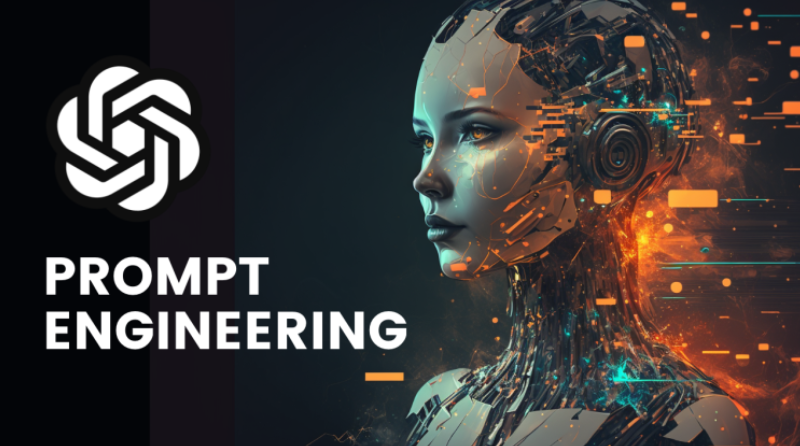Stories you may like
Job Role: AI Prompt Engineer
An AI Prompt Engineer specializes in designing, refining, and optimizing prompts to elicit the best possible responses from large language models (LLMs) such as GPT-4, Claude, or similar AI systems. This role bridges the gap between human intention and machine output.
Key Responsibilities:
1. Prompt Design and Optimization
-
Craft high-quality prompts to solve specific tasks (e.g., content generation, data extraction, summarization).
-
Experiment with prompt formats (e.g., zero-shot, few-shot, chain-of-thought) to improve model output.
-
Analyze and tune prompts for accuracy, coherence, and task alignment.
2. Model Interaction & Evaluation
-
Interact with LLMs via APIs or internal tools to assess and document behavior.
-
Evaluate outputs for correctness, bias, tone, and style.
-
Compare prompt effectiveness across multiple model versions.
3. Data Collection & Annotation
-
Create datasets for supervised fine-tuning or reinforcement learning with human feedback (RLHF).
-
Annotate outputs for performance benchmarking and feedback loops.
4. Collaboration with Teams
-
Work closely with AI researchers, product managers, data scientists, and software engineers.
-
Understand user requirements and translate them into effective prompt strategies.
-
Support UX teams to integrate AI features into products.
5. Automation and Scripting
-
Write Python or other scripting code to automate prompt testing and output analysis.
-
Use tools and platforms like LangChain, PromptLayer, or OpenAI Playground.
6. Bias & Safety Mitigation
-
Detect and mitigate hallucinations, harmful content, and model bias in AI outputs.
-
Adhere to ethical AI principles and safety standards.
7. Documentation and Knowledge Sharing
-
Maintain prompt libraries and prompt engineering guidelines.
-
Share insights and best practices internally or with the broader AI community.
Required Skills:
-
Strong understanding of natural language processing (NLP) and LLM behavior.
-
Creativity in phrasing, structuring, and iterating prompts.
-
Basic to intermediate programming (Python preferred).
-
Experience with tools like OpenAI, Anthropic, Hugging Face, LangChain, etc.
-
Critical thinking and attention to detail.
Preferred Qualifications:
-
Degree in computer science, linguistics, data science, or related fields.
-
Experience with AI/ML tools and models.
-
Prior work in content generation, chatbots, or AI research.
How Prompt Engineers Work:
1. Understand the AI Model
- Know how the AI interprets language and context.
- Be aware of the model’s strengths, limitations, and quirks.
2. Design Effective Prompts
- Write clear, specific instructions for the AI.
- Test different prompt styles (e.g., questions, commands, context-setting).
- Use structured formats (e.g., bullet points, tables, JSON, templates).
3. Iterate and Optimize
- Experiment with wording and order to get better results.
- Adjust for tone, format, depth, and accuracy.
- Use few-shot or zero-shot learning techniques to guide the model (giving examples or none at all).
4. Test and Evaluate Outputs
- Compare outputs across multiple prompt versions.
- Check for accuracy, relevance, and coherence.
- Identify and fix any AI hallucinations (wrong or made-up info).
5. Automate and Scale
- Build prompt libraries for recurring tasks.
- Integrate prompts into AI workflows or apps.
- Create reusable prompt templates for specific domains (e.g., legal, medical, customer support).
Real-Life Use Cases:
- Creating AI chatbots with specific behavior
- Generating marketing copy or social media content
- Summarizing large documents or data
- Assisting with code generation or debugging
- Providing tutoring, feedback, or test prep
Skills a Prompt Engineer Needs:
- Strong communication and writing skills
- Analytical thinking and attention to detail
- Basic understanding of AI and machine learning
- Familiarity with tools like ChatGPT, Claude, Midjourney, or Bard
- Domain knowledge (e.g., marketing, programming, law) is a bonus










User's Comments
No comments there.